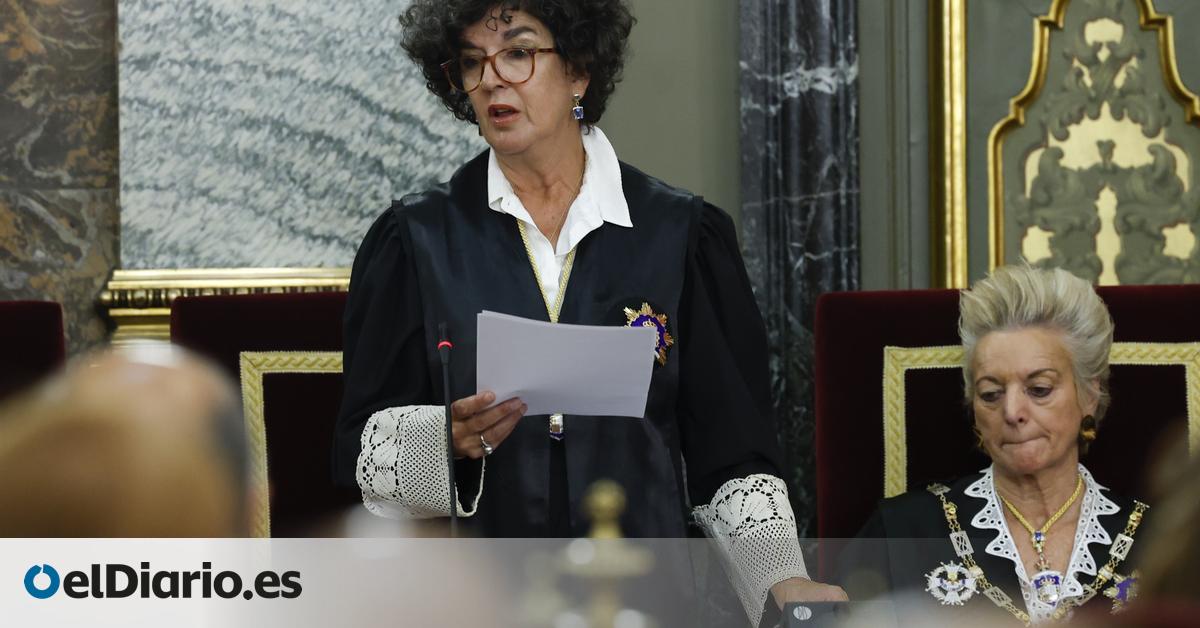
The Supreme Court Prosecutor’s Office has appealed the decision of the investigating judge of the trial, Pablo Llarena, not to apply amnesty to the former president of the Generalitat Carles Puigdemont. In a document dated July 5, the Public Prosecutor’s Office maintains that Llarena’s decision not to amnesty the crime of embezzlement “is not in accordance with the law” and goes against the “will of the legislator.” In another document, the Public Prosecutor’s Office also challenges the resolution in which the Criminal Chamber applies the same reasoning to Oriol Junqueras and the rest of those convicted of the crime of embezzlement.
The appeal against Judge Llarena’s ruling considers that Parliament agreed “without a doubt” to erase the embezzlement linked to the procés and that the law only excludes from pardon those who diverted public money to increase “their personal fortune.” According to the Prosecutor’s Office, the leaders of the procés did not act in any case with “a superimposed and deliberate intention to enrich themselves personally.” Both documents are signed by the Deputy Public Prosecutor of the Supreme Court, María Ángeles Sánchez Conde, and the Chief Prosecutor of the Criminal Chamber, Joaquín Sánchez-Covisa.
The Supreme Court’s rulings held that it is not possible to amnesty the embezzlement since the pro-independence leaders saved their own money by promoting the referendum with funds from the Generalitat instead of paying for it out of their own pockets. And that, consequently, there was personal enrichment.
However, the Prosecutor’s Office argues that if the defendants had paid the costs arising from the process towards independence with their personal fortune, “the crime of embezzlement for which they are accused, for which other people have been convicted, would not exist and there would be no talk of a possible amnesty for such crimes.”
The prosecutors point out that in the amnesty law, the legislator does not create a “new configuration of the crime of embezzlement”, but rather delimits the scope of embezzlement behaviours so that they can be amnestied. Something that, they maintain, has nothing to do with the configuration of the crime.
No EU funds were affected
The representatives of the Public Prosecutor’s Office also disagree with the second argument put forward by the Supreme Court judges to justify the fact that the amnesty does not cover embezzlement: that the case of the independence process also affected the economic interests of the European Union because, if independence had been achieved, there would have been a decrease in community income.
In this regard, Sanchez Conde and Sanchez-Covisa argue that the 2019 ruling already established that all the embezzled funds belonged to the assets of the Generalitat and that there is no evidence that they came from European funds. In addition, they recall that it was also “proven that the convicted persons did not seek the independence or secession of Catalonia.”
They therefore conclude that the judges accept this theory “regardless of the proven facts, their legal qualification, which is unrelated to the impact on the interests of the European Union, and the terms in which the judicial process was carried out” that culminated in the sentence of the trial.
Source: www.eldiario.es

